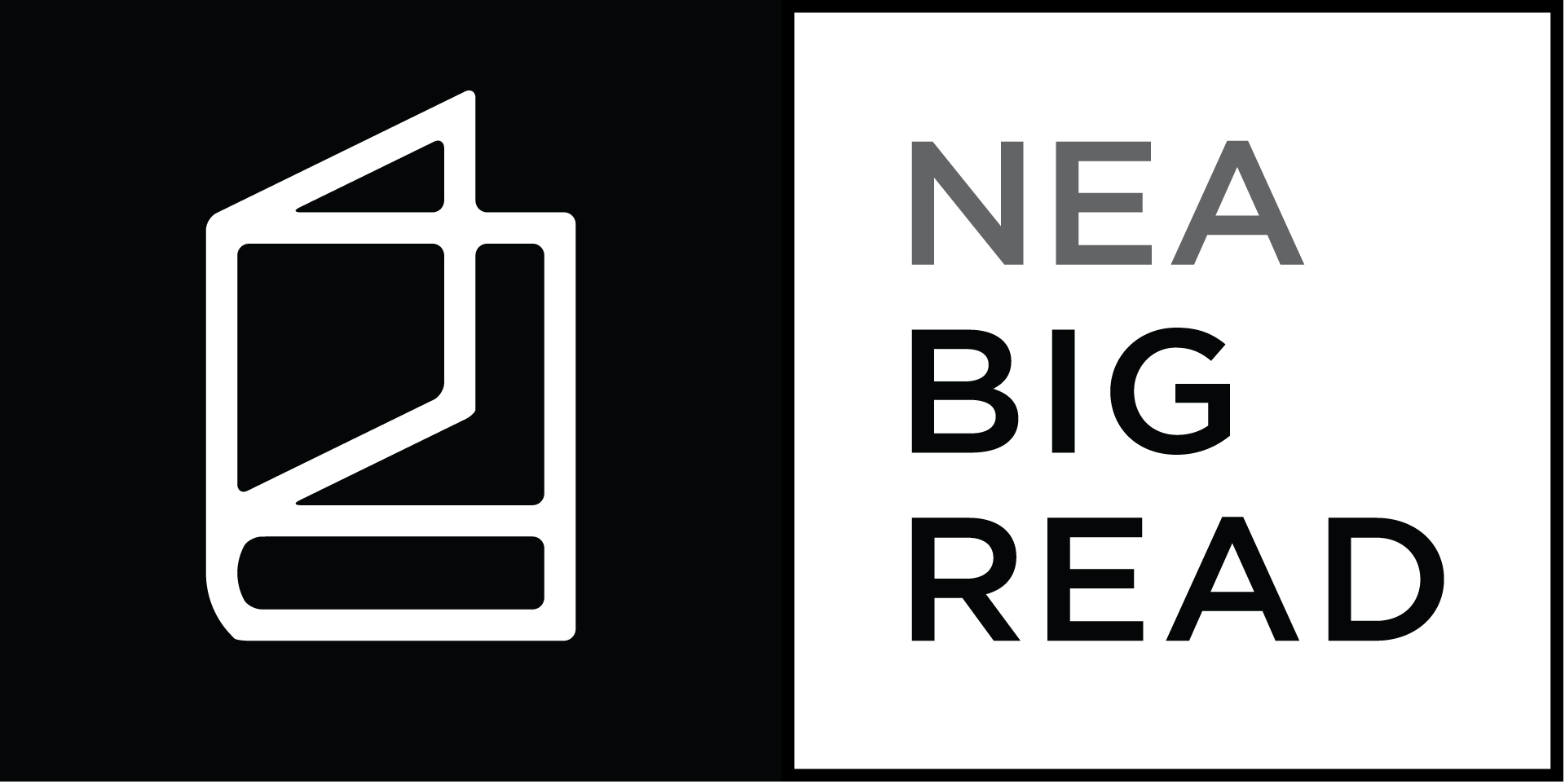Research universities rely on external funding to drive research and intellectual discovery. More funding dollars from outside sources leads to more research, which produces more scholarship, more discovery, and more tangible metrics of research production. This culture of sponsored research has been well-established in the STEM fields for ages, and the language of proposals and grants is common there. However, as digital humanities more and more casts a STEM-ified silhouette, humanities (and arts!) researchers are dealing with the intricacies of the grants office, where they are met with an entrenched system that is highly intractable and mismatched to the reality of the humanities research funding environment.
One of the more limiting factors to sponsored humanities research are institutions’ not-insignificant facilities & administration (F&A) cost rates tacked onto proposal budgets. In the STEM disciplines, and to their funding agencies, these rates are viewed as normal operating costs as they pay for supplies, administration personnel to manage compliance and performance of grants, and real and indirect facilities costs (such as upkeep of lab spaces). However, since the funding of humanities agencies is already so tight, these costs – which do not always clearly or directly benefit the proposed research – are sometimes viewed as a “tax” or “penalty” by humanities researchers.
At FSU, at least, the F&A dollars accrued primarily through STEM funding are actually used to benefit humanities researchers through internal grants and support, library funding, and some general staffing. However, it is still not often clear to individual researchers how this cost is benefitting them if they are not intimately familiar with the budgetary schema of the university. For those that are concerned enough with the limited funding to speak up, the possibility of having these costs waived for individual proposals exists, though it requires extra work and potentially intimidating negotiation with high-level administration. This option is unadvertised and often discouraged, as it hinders the previously mentioned campus-wide benefits. For humanities researchers that are unable to secure a waiver, their proposals are often handicapped as the high percentage of F&A eats into already low funding ceilings in the humanities. Some proposals are even effectively disqualified, as humanities sponsors often require cost matching from the proposing institution, which is impossible for some departments.
How should we weigh these concerns then, as digital humanities grows on campuses all over? If DH is to adopt STEM praxis in all regards, the inclusion of overhead costs must be done equally as well. If DH researchers can pick and choose which praxis to adopt, how are universities to deal with the different realities of STEM and humanities funding? Can DH researchers present themselves and their work as an untapped area of funding opportunity, to perhaps receive a better seat at the bargaining table?
I propose a discussion session to gather experiences and suggestions from THATCamp attendees on how to mitigate the effects of the perceived overhead “tax” experienced by funded humanities researchers. I hope that this discussion will contribute to the development of a document, presentable to university administrations across the nation, that promotes the development of DH-friendly research policy. I expect this document will highlight how the currently under-targeted areas of DH funded research can benefit all research disciplines and discuss the specific impediments caused by treating DH research as directly comparable to STEM research which most current policy derives.
As this discussion focuses on funding and discipline comparisons, I would also like it to briefly touch upon the potential concerns of treating humanities discipline scholarship as directly comparable to STEM discipline scholarship on a few specific, intrinsically related topics:
- How should collaboration & credit distribution distribution between researchers, faculty, support staff, and students?
- Are there ethical considerations to keep in mind regarding the influence of funding agendas on scholarly agendas?
- Should projects be developed to meet funding agendas, or developed first and funding sought after?
- How much should humanities research tailor their projects to produce grant-ready deliverables?


